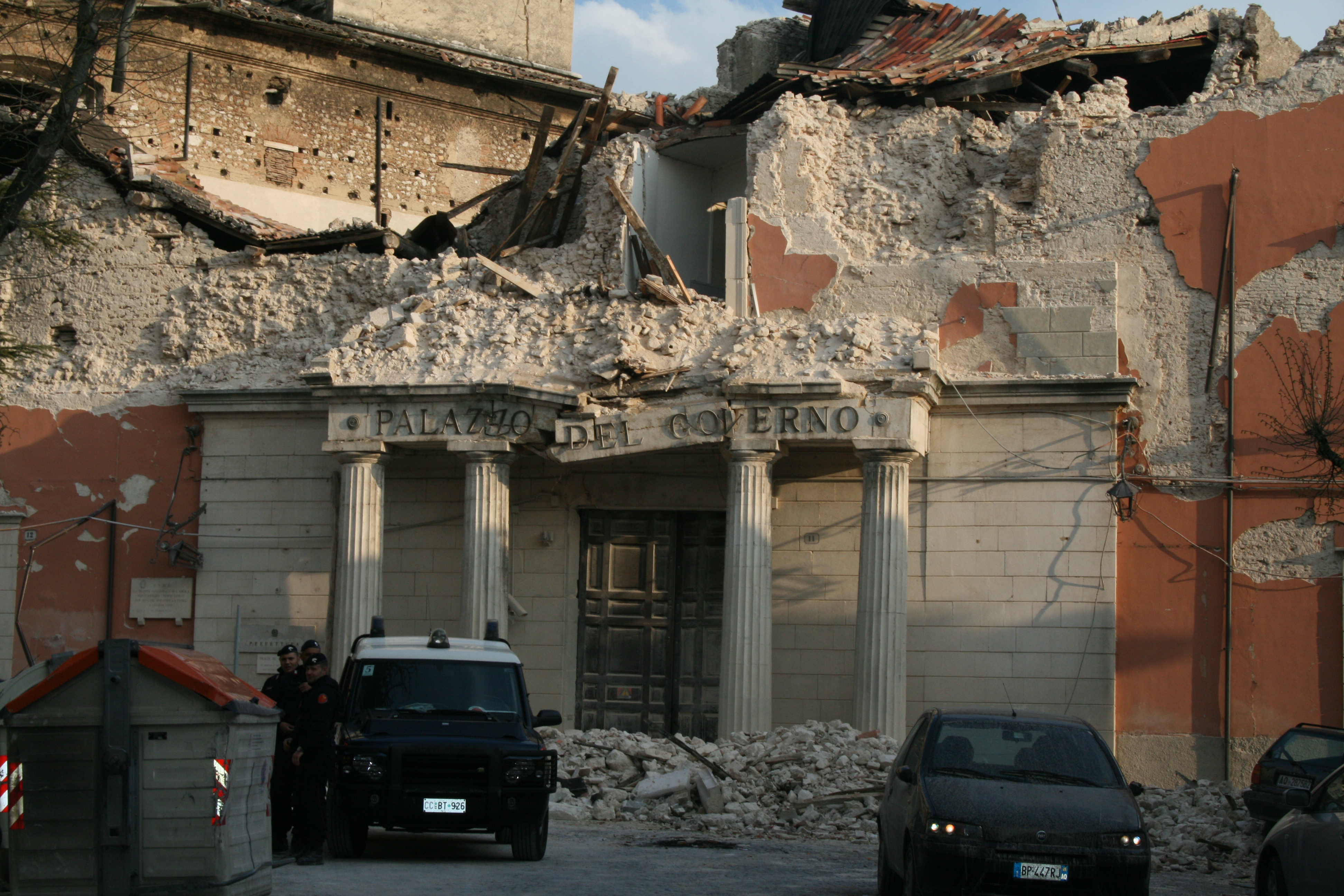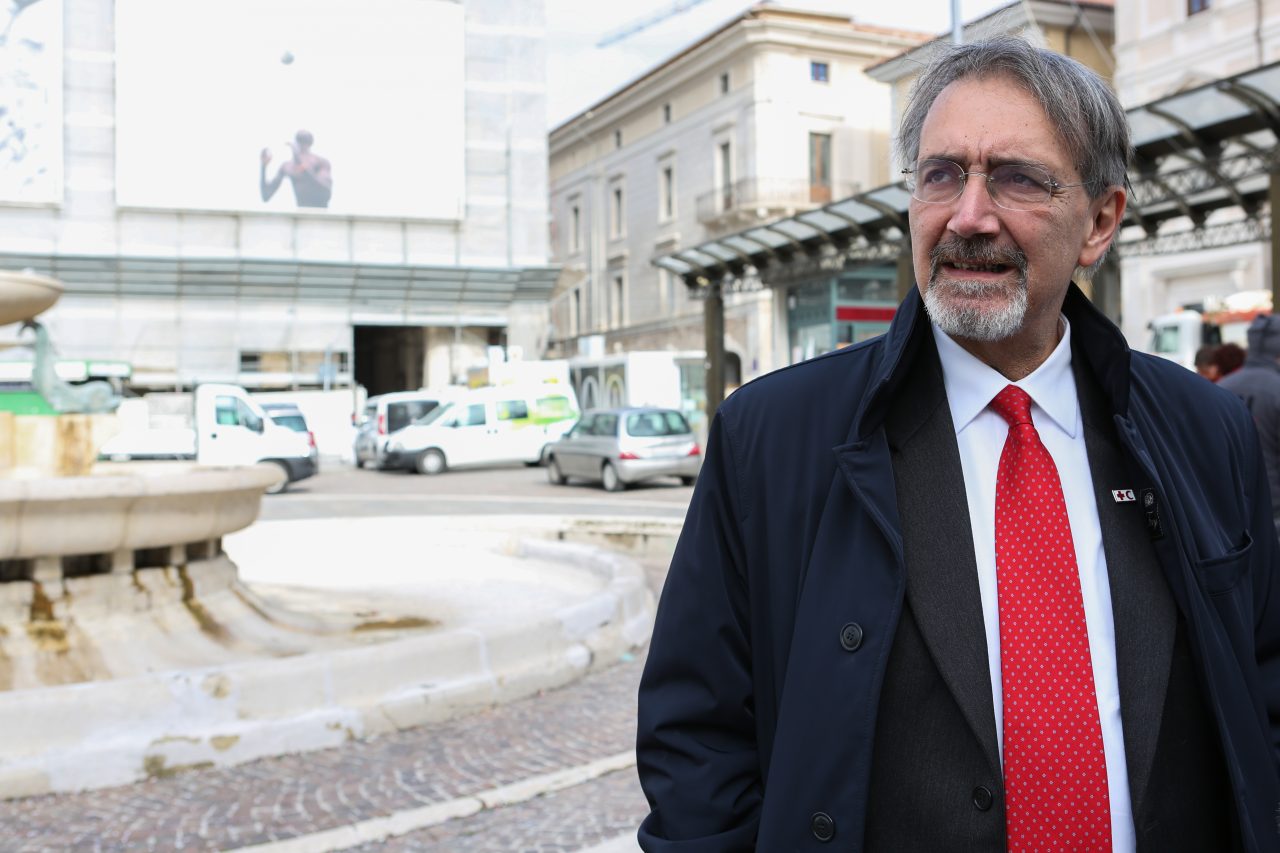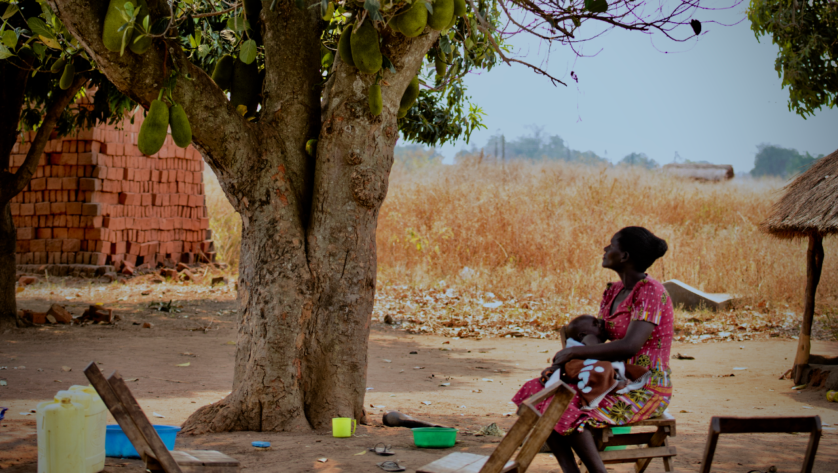Someone who’s been there
Rocca’s experience as a reformer could be useful in his role as IFRC president, supporting National Societies going through similar challenges. But Rocca says he doesn’t presume his experience in Italy applies universally.
“The lesson I learned is the importance of dialogue,” he says. “It is the right tool in which you can engage with people and help them embrace the change. Every decision comes after you listen because sometimes there’s something you are not seeing that is happening on the ground that you need to take into account.
“So it’s not about to taking my experience and bringing it perfectly to the IFRC. It’s more about the way we engaged — through dialogue,” he says.
There’s no one-size-fits-all approach for the Red Cross Red Crescent’s diverse network, he says, adding that he wants to avoid what he sees as the mistaken Western or Northern international approach of trying to dictate solutions.
“I can give long list of historical examples in which the presence of other National Societies and the international parts of the Movement during a crisis has left the host National Society weaker than before the arrival of these international organizations. Can we be humble enough to admit this?
“So we have to completely change the way we work together. In the last few years, this has started to change but it’s not enough,” says Rocca, who can speak from experience: the Italian Red Cross has strong international operations and is involved in overseas operations from Bangladesh to Syria.
Along similar lines, Rocca is a firm supporter of localization, a cornerstone of his campaign for the presidency. “But localization does not mean diminishing the role of anyone in the Movement,” he adds, noting that the international contribution, particularly during conflict or major crisis, is critical.
Getting the balance right for each scenario, he says, will again be an issue of dialogue. But localization will not be the only issue for which serious dialogue is needed. As president of the IFRC, Rocca will need to bring direction and consensus around numerous controversial issues, from migration to climate change. Internally, he hopes to further dialogue on issues such as improving gender balance in leadership, giving volunteers a greater voice, and “putting integrity on top of our agenda”, a key promise of his election manifesto.
Rocca takes the helm of the IFRC at a critical time. The rise of the #Metoo Movement, followed by a range of scandals in the humanitarian sector of alleged sexual harassment and misuse of funds have added urgency to the demand for greater transparency and integrity throughout the sector.
 Red Cross Red Crescent magazine
Red Cross Red Crescent magazine 








 Tech & Innovation
Tech & Innovation Climate Change
Climate Change Volunteers
Volunteers Health
Health Migration
Migration